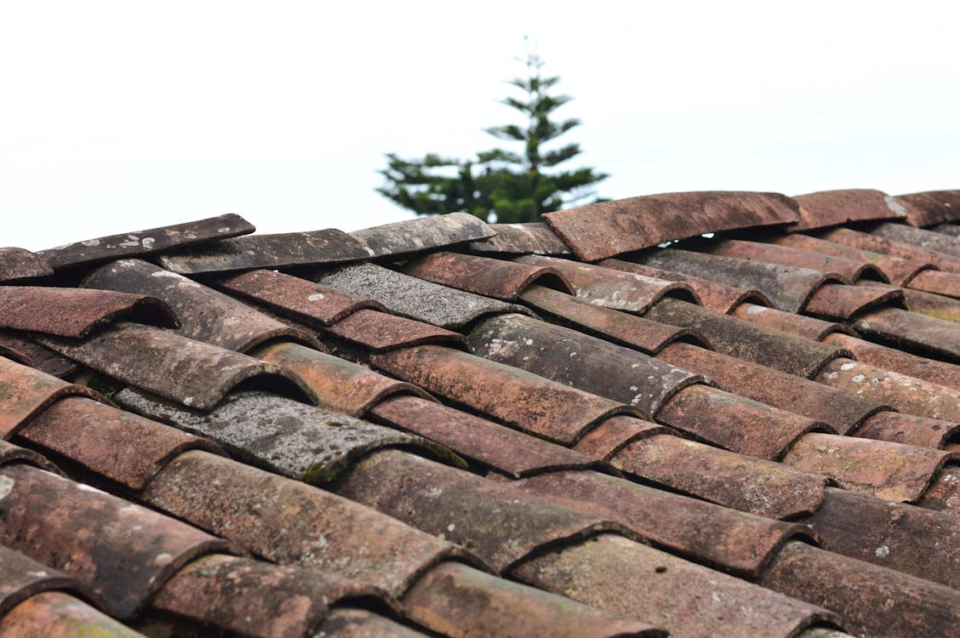Efficient waste management is a critical aspect of any construction project, especially when it comes to roofing. Roof construction generates a significant amount of debris and waste materials that need proper handling and disposal. One of the most effective solutions for managing this waste is through the use of dumpsters specifically designed for roofing projects.
Why Dumpster Rental Matters?
Dumpsters play a crucial role in maintaining a clean and organized work environment during roof construction. They provide a designated space for all types of debris including shingles, tiles, wood, metal, and insulation materials. By having a dumpster on-site, contractors can streamline the waste removal process, leading to improved efficiency and safety on the job site.
Choosing the Right Size Dumpster
Selecting the appropriate dumpster size is essential to ensure effective waste management. For roof construction projects, dumpsters typically range in size from 10 to 40 cubic yards. The choice depends on factors such as the size of the roof, the type of materials being removed, and the duration of the project. It’s advisable to consult with a dumpster rental company to determine the optimal size that meets the project’s requirements.
Benefits of Using Roof Construction Dumpsters
- Organized Waste Handling: Dumpsters help in organizing and consolidating all types of waste materials in one central location. This minimizes clutter on the job site and reduces the risk of accidents or injuries caused by debris scattered around.
- Efficient Cleanup: With a dumpster readily available, roofers can dispose of waste materials promptly as they work, maintaining a tidy workspace throughout the project. This efficiency translates into saved time and increased productivity.
- Compliance with Regulations: Proper waste management is not just a matter of convenience but also a legal requirement. Using designated dumpsters ensures compliance with local regulations regarding construction waste disposal, avoiding potential fines or penalties.
- Environmental Responsibility: Many dumpster rental companies prioritize environmentally friendly disposal practices. They often partner with recycling facilities to ensure that recyclable materials such as metal and asphalt shingles are diverted from landfills, reducing the project’s environmental impact.
Best Practices for Dumpster Use
To maximize the benefits of a roof construction dumpster, consider implementing the following best practices:
- Regular Monitoring: Assign someone on the team to monitor the dumpster’s fill level regularly. This helps in scheduling timely pickups and prevents overflow, which can be hazardous and may incur additional fees.
- Segregation of Materials: Separate recyclable materials from non-recyclables directly into the dumpster. This simplifies the recycling process and minimizes the amount of waste sent to landfills.
- Safe Loading: Ensure that all debris is loaded safely and evenly within the dumpster to avoid uneven weight distribution or potential hazards when closing the dumpster lid.
Conclusion
In conclusion, utilizing dumpsters designed for roof construction waste is a smart investment for any roofing project. It enhances efficiency, promotes safety, and ensures compliance with waste management regulations. By partnering with a reputable dumpster rental company and following best practices, contractors can effectively manage debris and contribute to a cleaner environment. Incorporating proper waste management practices from the outset not only benefits the project’s timeline and budget but also demonstrates a commitment to sustainable construction practices.

